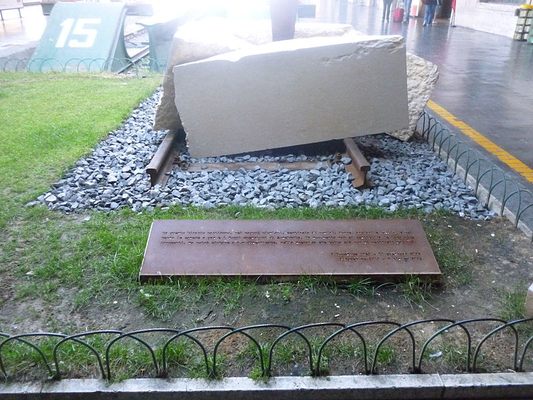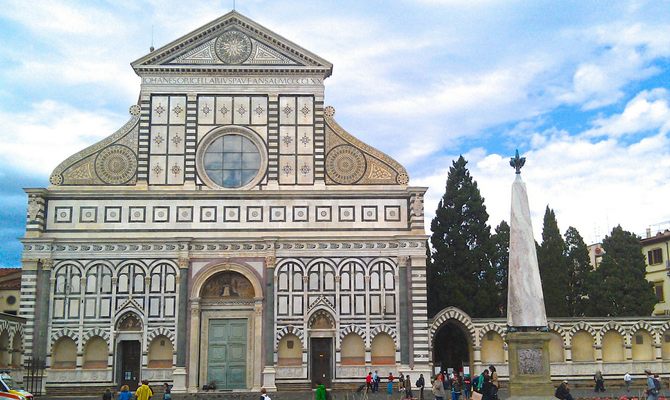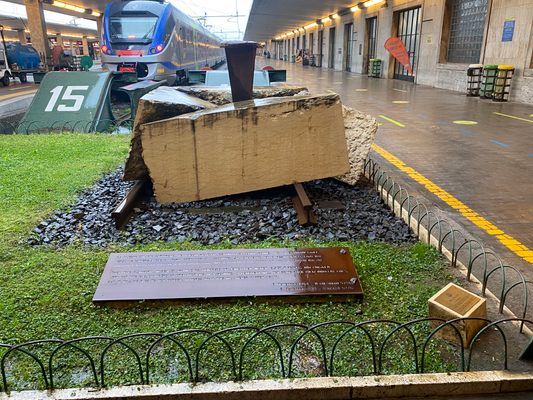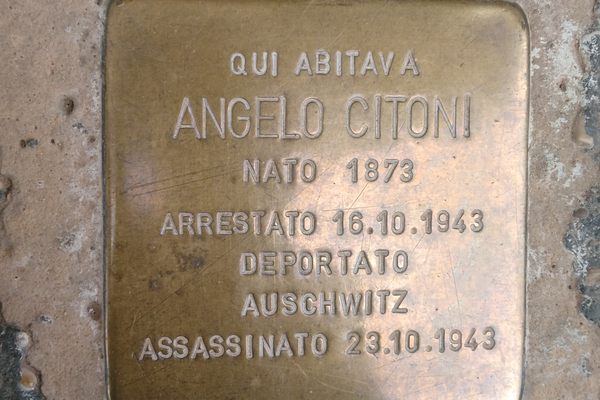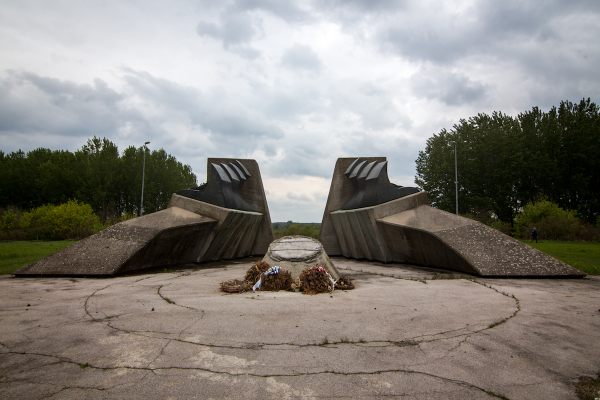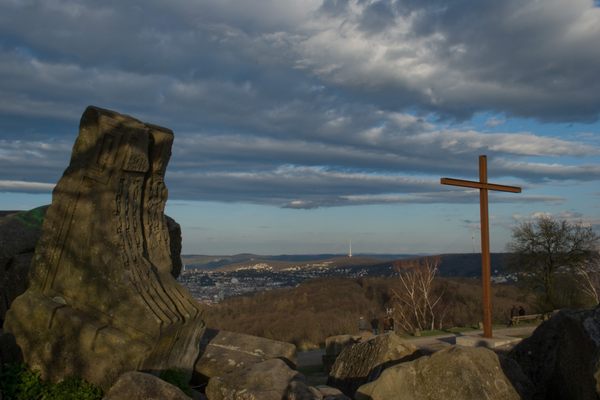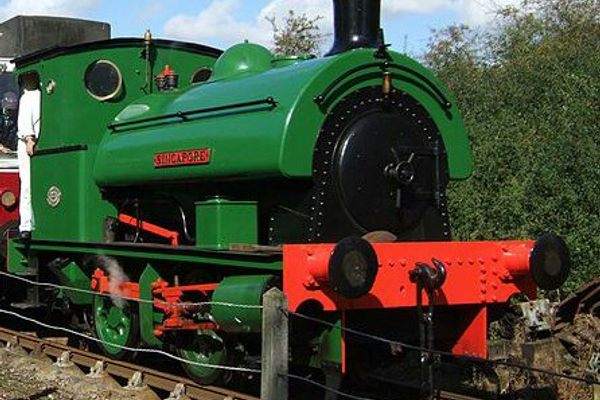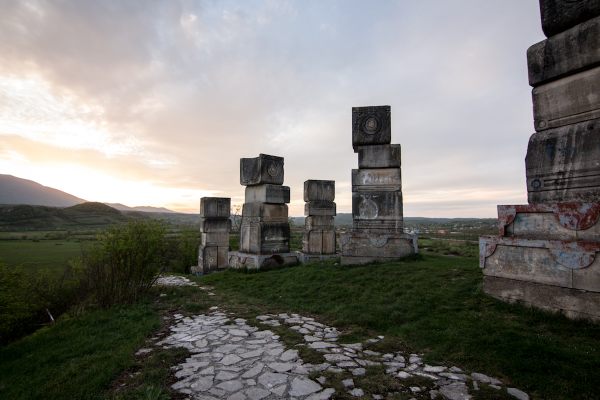About
The deportation of Florence's Jews during the atrocities of World War II is well documented. Out of the 243 people cast out from the city, only 13 returned after the end of the war. The role of Santa Maria Novella train station in these crimes is recognized by a striking memorial sculpture and steel plaque at platform 16.
The sculpture consists of a length of railway track obstructed by several large stone blocks, apparently split with a metal spike. It honors the memory of the trainloads of Jewish people and other Italian citizens that were transported from platform 16 to Nazi concentration camps during the Holocaust.
Unbeknownst to many, there is also a much less prominent memorial at the station, to another deportation that took place during the war, in this case with a more political motive.
In early March, 1944, Italy was a divided country. In the South, the Italians had deposed Mussolini and switched sides to support the Allies. In the North, including Florence, the fascists had established the Social Republic of Italy under Mussolini and were backed up by the German occupiers.
In the early days of March, the National Liberation Committee of North and Central Italy called a general strike within the fascist-controlled part of the country. In response, the fascists and Nazis in Florence arrested hundreds of men and women and questioned them in an old school in Piazzo, Tasso. The women were all released, but 338 men were escorted to Santa Maria Novella station and deported to extermination camps in Germany, mainly to Mauthausen. Only 64 of them, 19 percent, survived to see the end of the war.
On the 47th anniversary of the deportations, a rather understated plaque was unveiled at the station, pointing out that platform 16 was the last bit of Florence that most of the expelled citizens ever saw.
Related Tags
Know Before You Go
The art deco style station itself is a product of the grand designs of fascist Italy, and is worth a visit in its own right.
Community Contributors
Added By
Published
July 10, 2018
